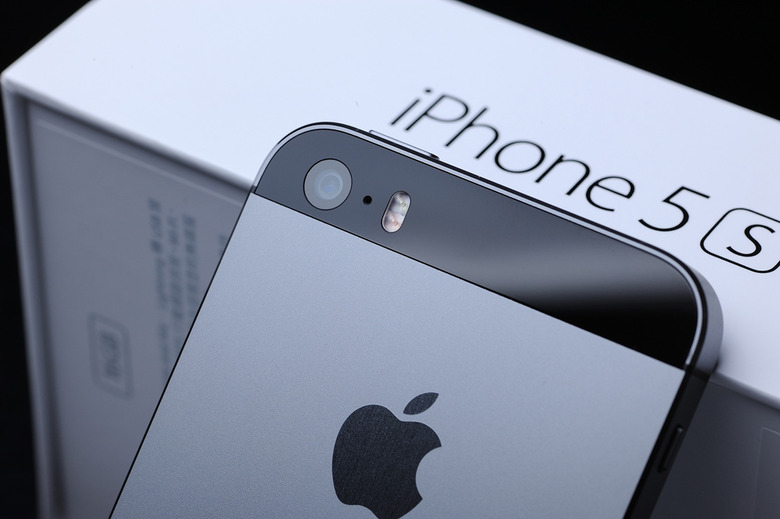The Only 6 iPhone Apps You Need To Take Stunning, Professional-Quality Photos
The iPhone's camera is already pretty strong for a smartphone camera but what if you need it to do more? Luckily for you, The Guardian this month asked Dan Rubin, editor-at-large at the Photographic Journal, to make a video showing off the iOS apps you need to turn your iPhone into a professional-grade camera and take absolutely stunning pictures. Below you'll find a list of Rubin's six favorites along with descriptions of what they do as well as pricing information.
Average Camera Pro
Average Camera Pro ($0.99) is an amazing app that you can use to take pictures with long exposures, which is something that you've never been able to do with the iPhone's vanilla camera. The app programs your camera to snap multiple pictures in rapid fire and then uses an algorithm to calculate the average picture lighting of all of them and then normalize the final picture. App developer Dominik Seibold says that you should place your iPhone on a solid surface while taking pictures instead of holding it in your hand due to the app's long exposure times.
VSCO Cam
Another app that Rubin really loves is VSCO Cam (free download), which he uses to split the focus and exposure of the picture you're taking. Rubin also praises VSCO Cam's level feature that adds in a straight line on your display that you can use to line up parallel with straight lines in your picture to make sure that the photo you're snapping is on an even keel. These are only two of VSCO Cam's many features and the app itself is loaded with other cool photo-taking and editing effects that make it hard to believe that the app is being offered for free.
Cortex Camera
Cortex Camera ($2.99) greatly improves your iPhone's ability to take low-light pictures, which certainly addresses one of the default camera's main weaknesses. In a lot of ways, Cortex Camera is very similar to Average Camera Pro since it "combines dozens of images to create a sharp image without the low-quality noise that shows up when using the default camera" and requires you and your subject to remain still for several seconds during exposure. The app will also improve your iPhone camera's pixel count — with the iPhone 5 and 5s, for example, Cortex Camera will take 12-megapixel shots while with the iPhone 4s it will take 8-megapixel shots.
TouchRetouch
On the photo editing side, TouchRetouch ($0.99) is an app that actually lets you erase objects in a picture and make it look like they were never there, which is a mind-bogglingly great capability for a smartphone editing app. You can use your finger to highlight the general outline of the object you want to remove and TouchRetouch will then detect exactly what that object is and erase it while using the colors and patterns surrounding it to make a pattern of exactly what's behind it.
SKWRT
SKRWT (pronounced like "screw it") isn't officially available on the App Store yet. All the same, Rubin swears by it and he says it's an easy way to correct for lens distortion in your images that makes what should be parallel lines look skewed. The app works to line up two sides of an image and make them look symmetrical in the final image. SKWRT says that while it's still waiting to get Apple's approval, the app should be available in the App Store on May 25th.
AntiCrop
Finally, AntiCrop ($0.99) is a simple little app that lets you actually "un-crop" pictures you've taken to add more scenery to them. So for example, if you have a picture looking upward at a building and you want to add more of the skyline to it, you can have AntiCrop paint in more of it above your images. The app also gives you the ability to losslessly straighten out your photos simply by tilting and then cropping the pictures.
For a much more in-depth look at how all these apps work, be sure to check out The Guardian's full video by clicking the source link below.
